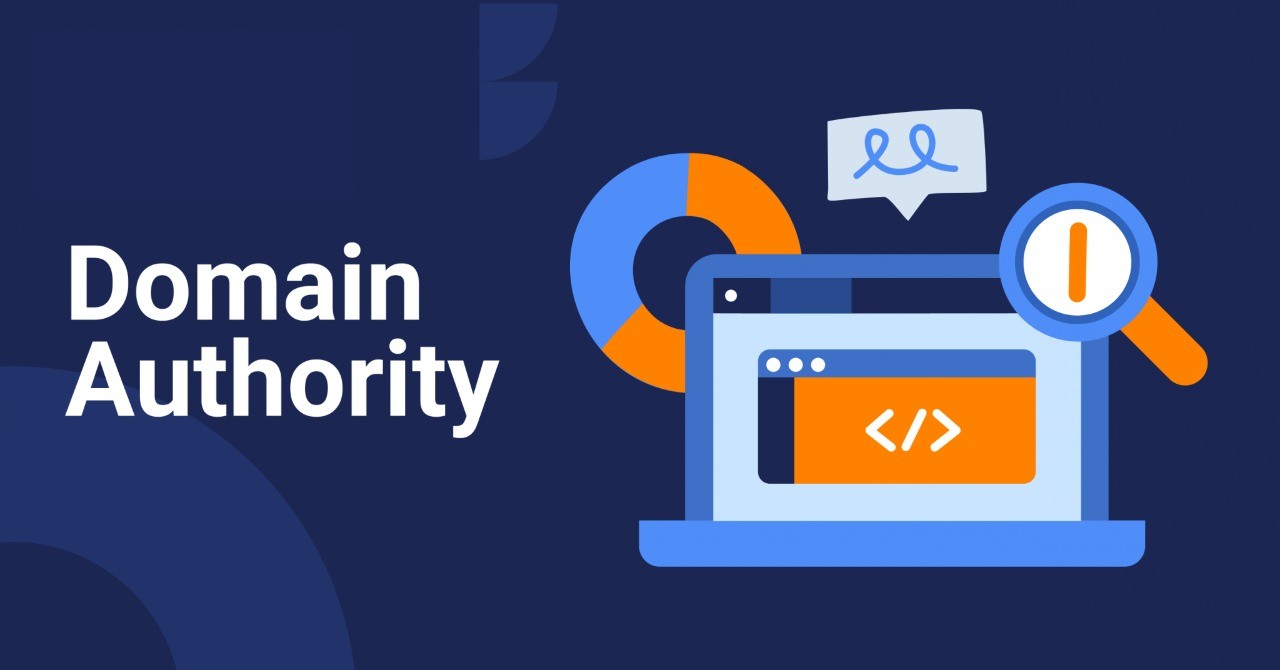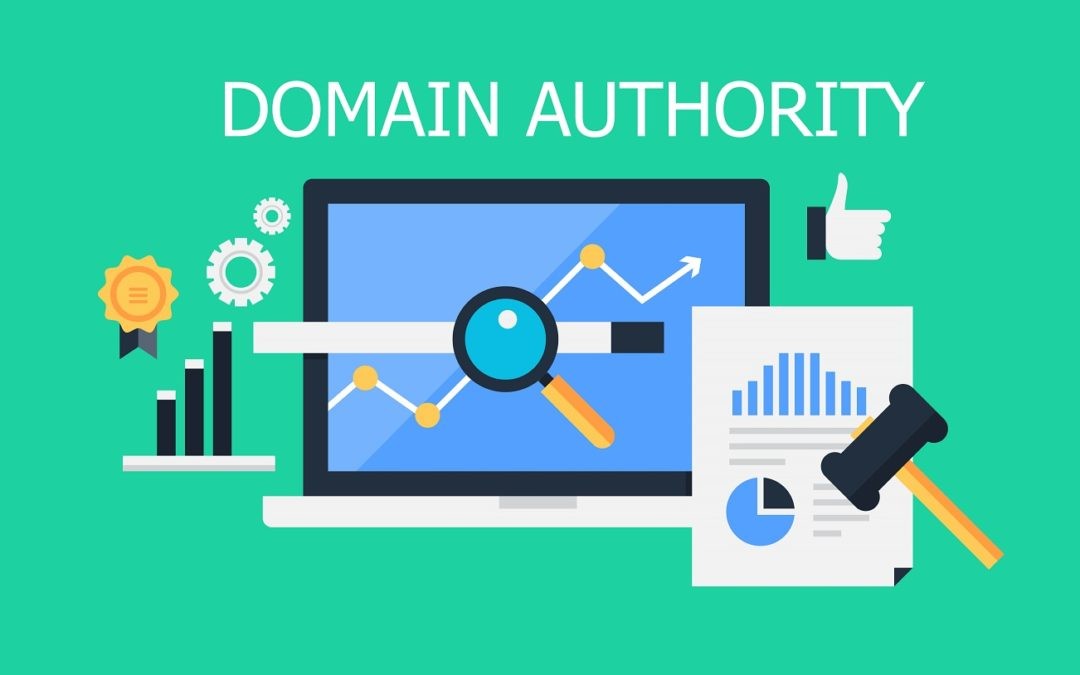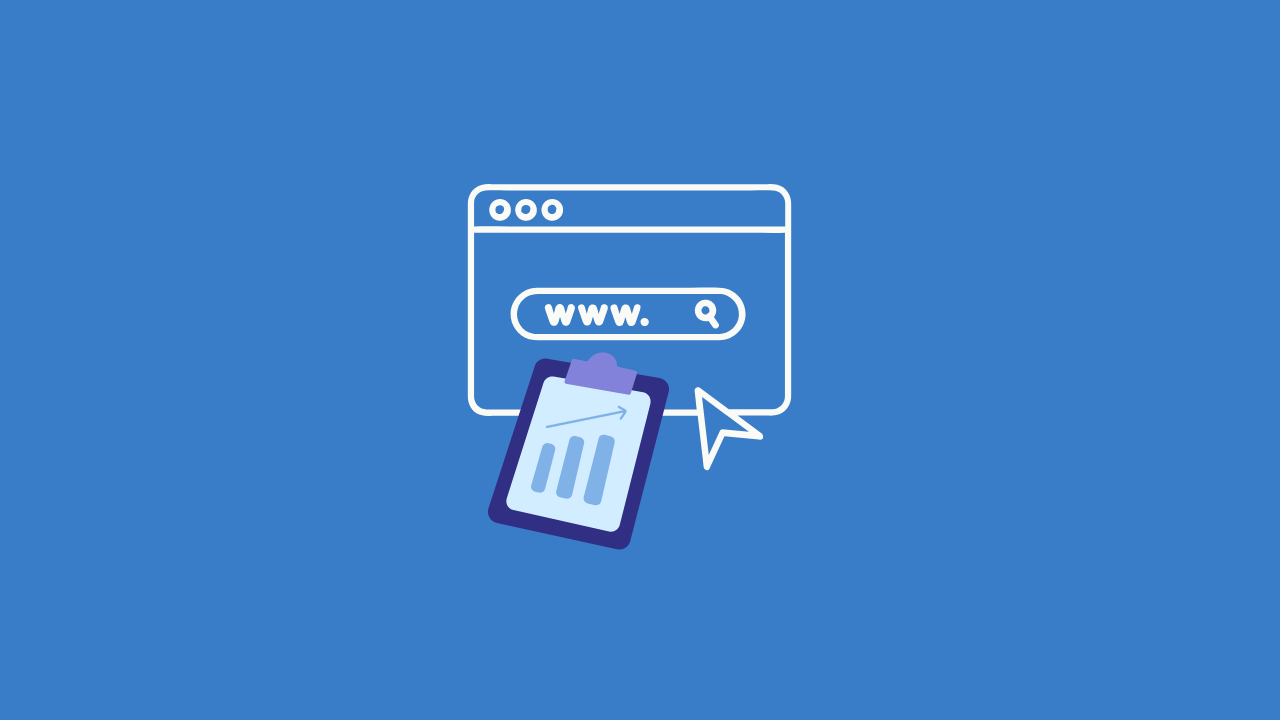As the digital landscape continues to evolve, search engine optimization (SEO) has become an essential aspect of any online business or website. One crucial factor in determining a website’s ranking on search engines is its domain authority. But what exactly is domain authority? How does it affect your website’s ranking? And most importantly, how can you improve it?
In this article, we will dive deep into the concept of domain authority, its importance, and how you can increase it for your website.
What is Domain Authority?
Domain authority (DA) is a metric developed by Moz, a leading SEO software company, to assess the overall strength and credibility of a website. It is measured on a scale of 0-100, with 100 being the highest score. The higher the DA, the more likely a website is to rank higher on search engine result pages (SERPs).

Domain authority (DA) is a metric created by Moz, a prominent SEO software company, to evaluate the overall robustness and credibility of a website
However, it is important to note that domain authority is not a metric used by search engines like Google. Instead, it is a combination of several factors that determine a website’s potential to rank well. These include the quality of backlinks, content, user experience, and more.
Factors That Contribute to Domain Authority
To better understand domain authority, let us look at the factors that influence it:
- Backlinks: Backlinks are links from other websites that direct users to your website. They act as votes of confidence and signal to search engines that your website is trustworthy and authoritative. However, not all backlinks are created equal. High-quality and relevant backlinks from reputable websites carry more weight in improving domain authority.
- Content Quality: The quality, relevance, and uniqueness of your website’s content also contribute to its domain authority. Websites with well-written, informative, and engaging content tend to have a higher DA compared to those with thin or low-quality content.
- Site Structure and User Experience: A website’s structure, navigation, and user experience play a crucial role in determining its domain authority. A well-structured website that is easy to navigate and provides a seamless user experience tends to have a higher DA than those with a poor site structure.
- Social Signals: Social media presence and engagement also contribute to a website’s domain authority. The more your content is shared and interacted with on social media platforms, the more likely it is to rank higher and improve your website’s DA.
- Domain Age and History: Older domains with a clean history tend to have a higher DA compared to newer ones. This is because search engines see older domains as more established and trustworthy, assuming that they have accumulated more backlinks and quality content over time.
Why is Domain Authority Important?
As mentioned earlier, domain authority is not a metric used by search engines to determine a website’s ranking. However, it is a good indicator of a website’s potential to rank well. Here are some reasons why domain authority is important:

Domain authority is a metric that search engines do not use to determine the ranking of a website
1. Competitive Analysis
Domain authority is a useful metric for benchmarking against competitors. By comparing your website’s DA to that of your competitors, you can get an idea of where you stand and what areas need improvement. Moreover, knowing their DA can help you set realistic goals and determine the steps you need to take to outrank them.
2. Improves Search Engine Ranking
Although not a direct ranking factor, a high domain authority means that your website is more likely to rank well on search engine result pages. This is because websites with a high DA typically have a good amount of quality backlinks and engaging content, which search engines consider when ranking websites.
3. Attracts Quality Backlinks
High domain authority can also attract more quality backlinks to your website. As other websites see your website as trustworthy and authoritative, they are more likely to link back to your content. This can further improve your DA and search engine ranking.
4. Establishes Credibility
Having a high domain authority not only improves your website’s visibility but also establishes credibility and trust with your target audience. When people see that your website has a high DA, they are more likely to view your content as reliable and trustworthy, increasing the likelihood of conversion and loyalty.
How to Increase Domain Authority
Now that you understand what domain authority is and why it is important let us look at some strategies you can use to improve it:
1. Build High-Quality Backlinks
As mentioned earlier, backlinks play a crucial role in improving domain authority. However, not all backlinks are beneficial. Quality matters more than quantity when it comes to backlinks. So instead of trying to acquire a large number of backlinks, focus on getting links from authoritative and relevant websites in your niche. You can do this by creating valuable and shareable content, guest blogging, and reaching out to websites for link collaborations.
2. Create High-Quality Content
Content is the backbone of any website. Therefore, creating high-quality, engaging, and valuable content is crucial in improving your website’s domain authority. Conduct thorough research, use relevant keywords, and provide solutions or information that your target audience is looking for. Also, make sure to update your content regularly to keep it fresh and relevant.
3. Optimize Your Website’s User Experience
A website with a poor user experience can lead to a high bounce rate, which can negatively impact your domain authority. Therefore, it is essential to optimize your website’s user experience by ensuring fast loading times, intuitive navigation, and mobile responsiveness. This will not only improve your DA but also increase user engagement and retention.
4. Increase Social Media Presence and Engagement
Social media can be a powerful tool in improving your website’s domain authority. Share your content on social media platforms, engage with your audience, and encourage them to share your content as well. This will not only increase brand visibility but also attract quality backlinks, which can further improve your DA.

Utilizing social media effectively can significantly enhance your website’s domain authority
5. Monitor Your Website’s Health
Technical issues such as broken links, slow loading times, and duplicate content can also negatively impact your website’s domain authority. Regularly monitor your website for such issues and fix them promptly to maintain a healthy website that can contribute to a high DA.
Moz Domain Authority vs. Other Metrics
While Moz domain authority is widely used and recognized as a reliable metric, it is not the only one out there. Other metrics like Ahrefs Domain Rating (DR), Majestic Trust Flow (TF), and SEMrush Authority Score are also commonly used to measure a website’s overall strength and credibility. However, it is important to note that each of these metrics uses different algorithms and data sources, making them unique in their own way. Therefore, it is important to use multiple metrics to get a better understanding of your website’s overall performance and potential.
The Future of Domain Authority
As search engines continue to evolve and change their algorithms, the importance of domain authority may also change. With the rise of artificial intelligence and machine learning, search engines are becoming more sophisticated in assessing a website’s credibility and relevance. While domain authority may still be a crucial factor, other metrics like user engagement and semantic search may also play a significant role in determining a website’s ranking in the future.
Conclusion
In today’s digital age, having a high domain authority is crucial for any website looking to succeed and outrank competitors. By understanding what domain authority is, why it is important, and how to improve it, you can take necessary steps to boost your website’s visibility and credibility. Remember to focus on creating high-quality content, acquiring quality backlinks, and providing a great user experience to improve your domain authority continuously. And with the constant changes in the digital landscape, it is also important to stay updated and adapt to new developments that may affect your website’s ranking and overall performance.
